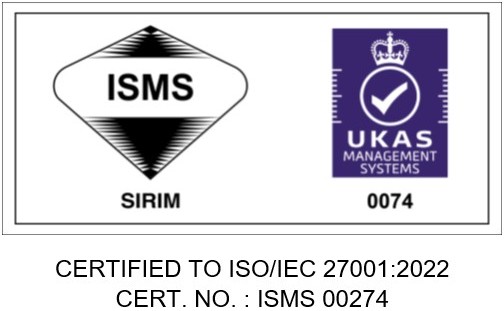March 2010

By Santhia Panjanadan
KUALA LUMPUR, March 16 (Bernama) -- The adoption and implementation of e-commerce has not been widely embraced by the Small and Medium Enterprises (SMEs), particularly in enhancing their productivity and competitiveness, says Malaysian Productivity Corporation (MPC).
Its Director General, Mohd Razali Hussain, said the main reason for this was a lack of understanding of e-commerce benefits and a refusal to leave the comfort zone.
"It's an issue of mindset. SME entrepreneurs are not aware of the benefits of e-commerce transactions in increasing productivity and they are not well exposed to ICT (information communication technology).
"Entrepreneurs continue to pursue without adopting ICT due to the comfort zone in the current methods they have embraced," he told Bernama after opening the Electronic Solution System 2010 seminar and exhibition here on Tuesday.
A perceived high cost is also another reason SMEs are not engaging in e-commerce activities.
"Generally, they are accepting new changes but on a limited pace as they don't have information and do not know how to implement the system. They think ICT system is expensive but that is not true. You do it the right way, it will not be costly," he explained.
Razali reiterated that with the nation encouraging the SMEs to penetrate the global market, embracing ICT would be important as the world becomes the market through e-commerce.
"E-commerce provides oppurtunity to participate in global production networks that are becoming more prevalent in many industries and the ability to tap resources such as labour, capital and knowledge," he added.
According to a survey conducted by MPC from June to December 2009 on 296 SME companies, only 17 per cent of the respondents had conducted e-commerce transactions during the year.
Razali however said he expected the adoption level of e-commerce to increase between 20 and 40 per cent this year with more awareness programmes.
He said the manufacturing sector was more actively adopting e-commerce followed by the service industry.
Razali said with the changing business scenario, SMEs should take advantage of the lower cost and better Internet facilities to engage in e-commerce activities.
He also called on them to enhance their knowledge on e-commerce through capacity development programmes.
-- BERNAMA
Last Updated 2015-05-14 12:00:32 by admin2













 Home
Home






























